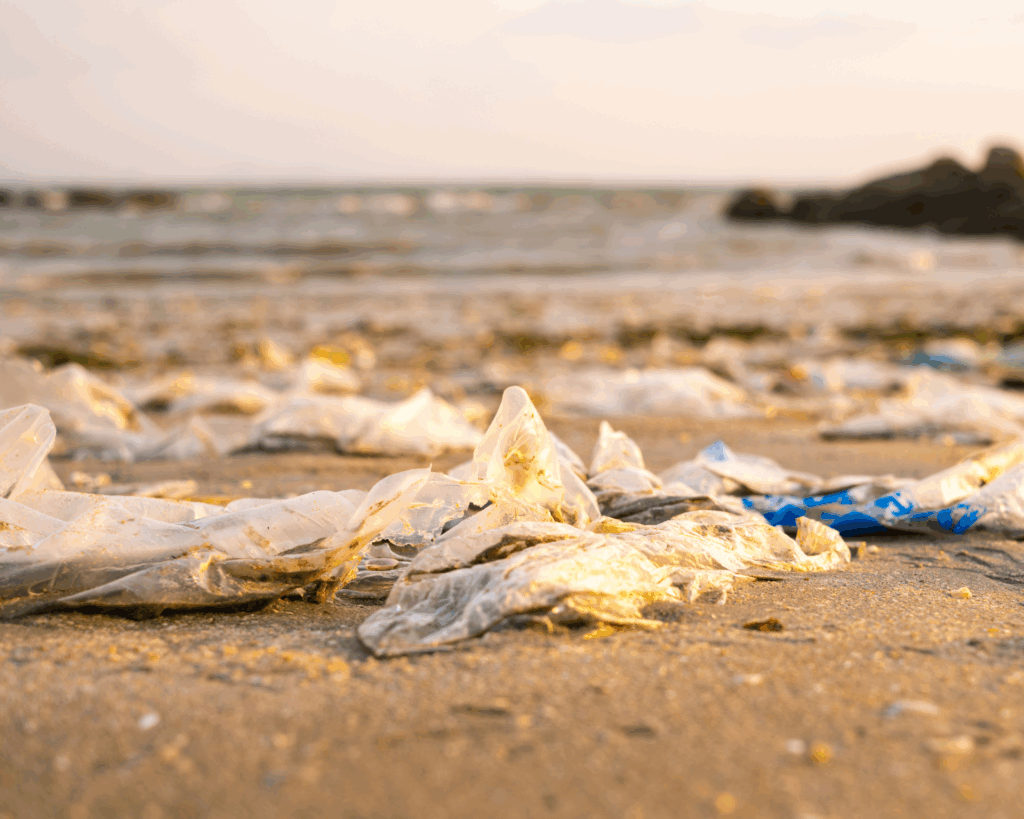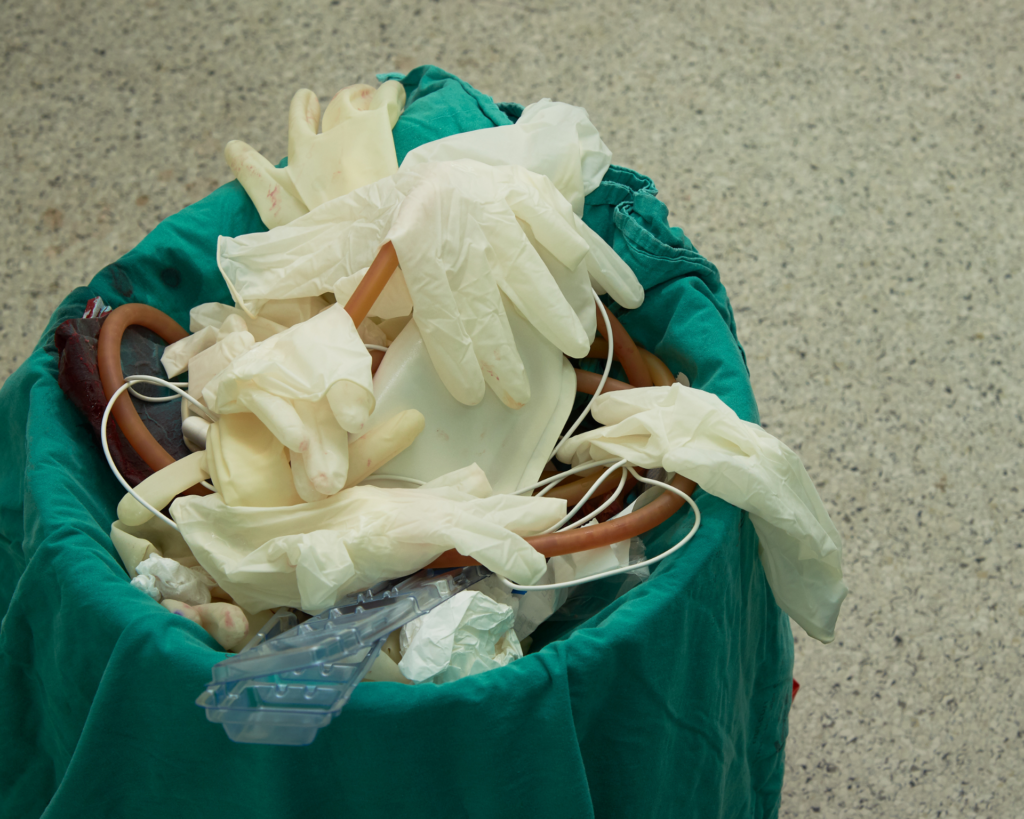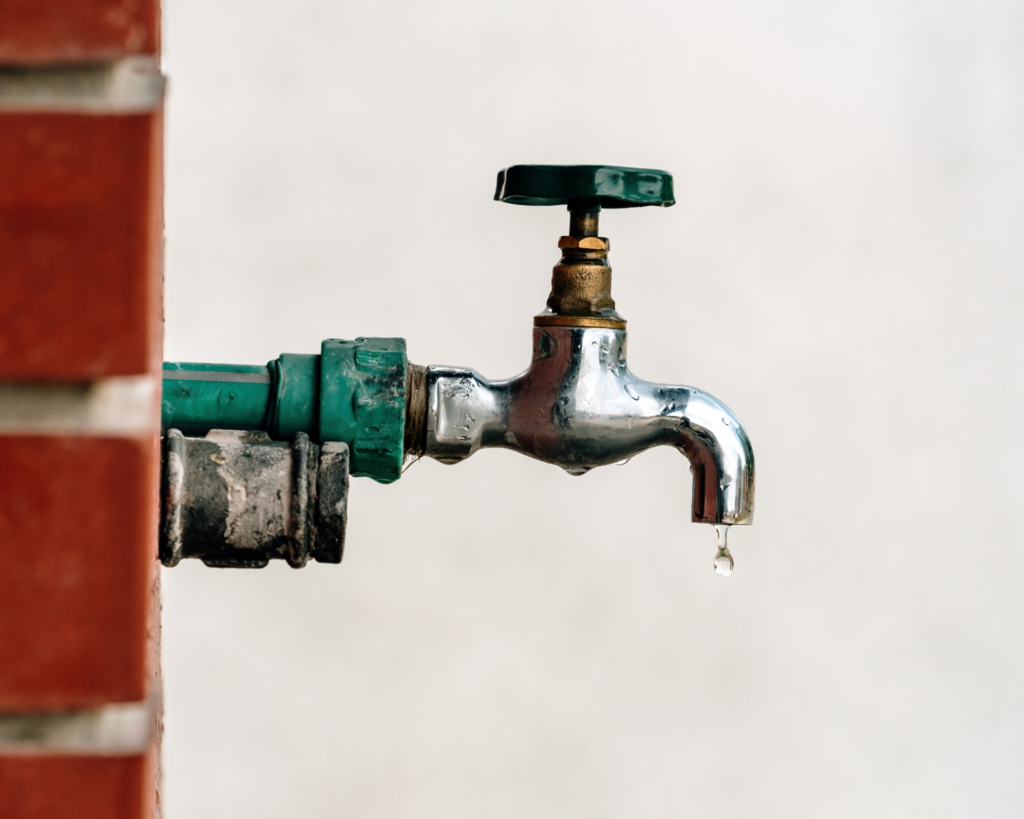Yo Soy Primero Culebrense
The environmental and social impacts of the US military, hurricanes and tourism on Culebra, a Puerto Rican archipelago, are lasting.

Read Time: 3 minutes
Published:
White sand beaches, clear sparkling water, and fresh seafood. These are the images on holiday brochures of Culebra, an island in the Puerto Rican archipelago. However, the pristine beauty has come at a cost to locals. Environmental hazards on Culebra are the result of decades of misuse and marginalization.
Puerto Rico became a US territory in 1898 at the end of the Spanish-American War. From the early 1900s through 1975, the military took over Culebra, and other Puerto Rican islands, for bombing practice and training exercises. The Navy overhauled the island, pushing Culebrenses out of the main town and away from the coastline, and taking control of off-island transportation. The Navy tried multiple times to completely clear the island of people. When the US military retreated in 1975 after waves of community protest, it left in its wake a damaged ecosystem, layers of unexploded bombs, and a beach decorated by rusting tanks.
Compared to the rest of Puerto Rico, Culebra is physically isolated (the island can only be reached by boat or small aircraft) which makes it a secluded tourist destination, yet the island is dependent on the main island for electricity, water, and off-island transportation. Poor health and education services leave few options for medical treatment and economic growth.
“I’m Culebrense first and then Puerto Rican.”
To understand the community perspective on environmental hazards and concerns in Culebra, Perez-Ramos and team interviewed community members. Locals reported being concerned about numerous environmental hazards ranging from climate change to unexploded ammunition and water treatment practices. They expressed concern with how these realities negatively affect tourism and water quality.
The expansion of tourism on the island has provided income to locals while simultaneously creating fears of further environmental degradation, land development, and inflation. Tourism was described by study participants as “a necessary evil” as local tourists come to the island for the day and leave trash behind. Tourism has threatened the local ecosystem, produced waste, and strained limited resources. The island lacks adequate waste disposal systems, threatening Culebrenses’ health. The current landfill is 5 years past maximum capacity.
In 2017, two hurricanes struck Puerto Rico. The islands known for beaches, rum, and mofongo, were left in rubble. The hurricanes exacerbated existing environmental challenges. Memories of Irma and Maria are still at the forefront of locals’ minds. One interviewee expressed fear of being trapped in future storms as hurricanes cut access to transportation and other services.
Despite public health challenges, many Culebrenses reported strong feelings of community identity, collectivism, and pride resulting in a resilient community. Mujeres de Islas, a Culebrense community organization, works to strengthen community resilience by supporting community-led projects, hosting educational workshops, providing jobs and growing sustainable food.
Collective action and community support have helped Culebra overcome past ecological and environmental challenges. The power of community support defeated the US Navy. As one interviewee said, “Yo soy primero Culebrense y luego Puertorriqueña.” “I’m Culebrense first and then Puerto Rican.”
Photo via Getty Images



